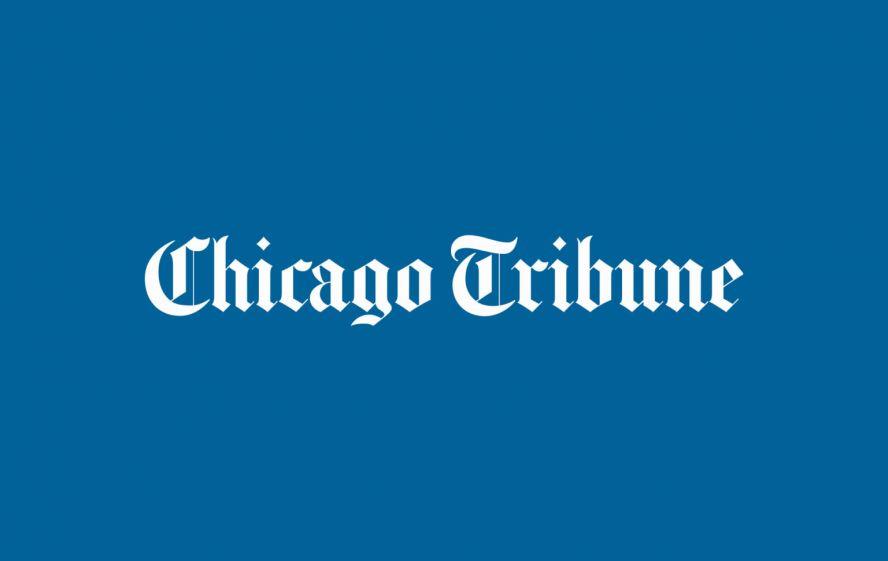-

Hear from Professor Monica Toft
Learn how Professor Monica Toft is shaping the study of global affairs and diplomacy at Fletcher.
Hear from Prof. Toft -

Explore Fletcher academics in action
Fletcher Features offers insights, innovation, stories and expertise by scholars.
Get global insights -
Get application tips right from the source
Learn tips, tricks, and behind-the-scenes insights on applying to Fletcher from our admissions counselors.
Hear from Admissions -

Research that the world is talking about
Stay up to date on the latest research, innovation, and thought leadership from our newsroom.
Stay informed -
Meet Fletcherites and their stories
Get to know our vibrant community through news stories highlighting faculty, students, and alumni.
Meet Fletcherites -

Forge your future after Fletcher
Watch to see how Fletcher prepares global thinkers for success across industries.
See the impact -

Global insights and expertise, on demand.
Need a global affairs expert for a timely and insightful take? Fletcher faculty are available for media inquiries.
Get in Touch
Hit by a cyberattack? Your ransom payment to hackers may be tax deductible.
Josephine Wolff is quoted about the role that insurance plays in the ransomware economy and why the IRS should disallow ransomware payments as tax deductions, via the Chicago Tribune.

Don Williamson, a tax professor at the Kogod School of Business at American University, wrote a paper about the tax consequences of ransomware payments in 2017. Since then, he said, the rise of ransomware attacks has only strengthened the case for the IRS to allow ransomware payments as tax deductions.
“It’s becoming more common, so therefore it becomes more ordinary,” he said.
That’s all the more reason, critics say, to disallow ransomware payments as tax deductions.
“The cheaper we make it to pay that ransom, then the more incentives we’re creating for companies to pay, and the more incentives we’re creating for companies to pay, the more incentive we’re creating for criminals to continue,” said Josephine Wolff, a cybersecurity policy professor at the Fletcher School of Tufts University.
For years, ransomware was more of an economic nuisance than a major national threat. But attacks launched by foreign cybergangs out of reach of U.S. law enforcement have proliferated in scale over the past year and thrust the problem of ransomware onto the front pages.

